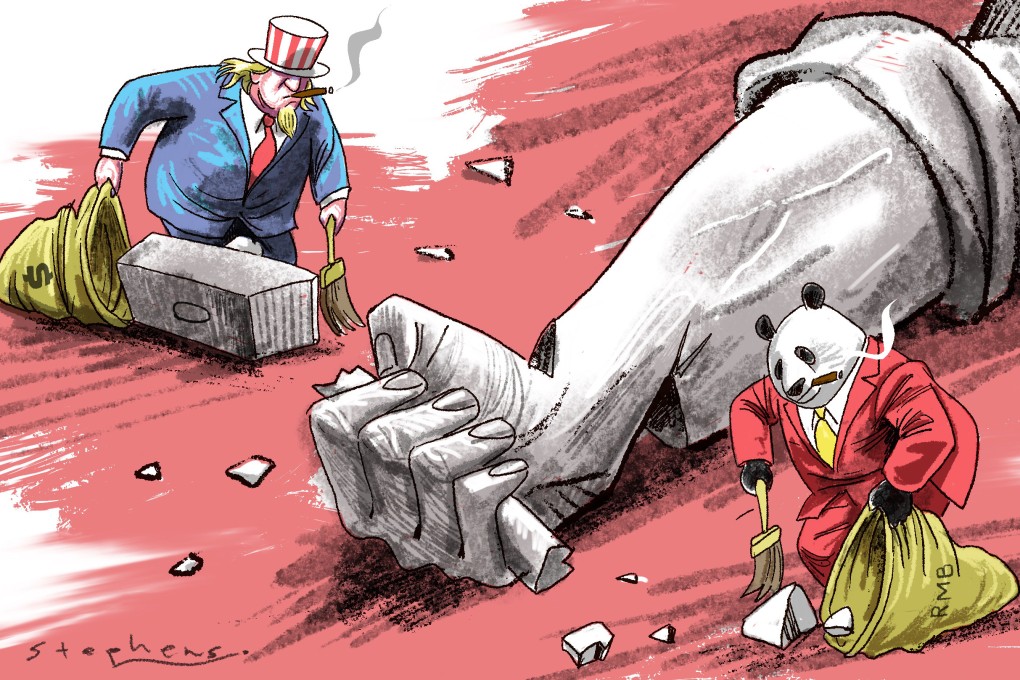Opinion | Wealth inequality in China, US reveals a failure to learn lessons from fall of the Iron Curtain
- While China and America can hardly be said to have similar political systems, both have embraced the same form of unhinged capitalism
- As the Chinese middle class suffers the consequences, Beijing is seeking to provide ‘common prosperity’ as a corrective

Two of the most notable publications of the post-Cold-War era are Francis Fukuyama’s End of History and Samuel Huntington’s Clash of Civilisations. The former saw the dawn of a democratic age, the latter, a multipolar world rising from the ashes of the crumbled Berlin Wall.
Even though Huntington granted the Sinic civilisation, as he called China, a place in this new era, he and most others at the time failed to see what the People’s Republic would be able to bring to the table of the 21st-century world order.
However, at the core of his analysis, Wang is not correct (just as Fukuyama and Huntington are not). To him, social inequality, homelessness and a feeling of disenfranchisement among US citizens are products of Western liberalism and democracy.
